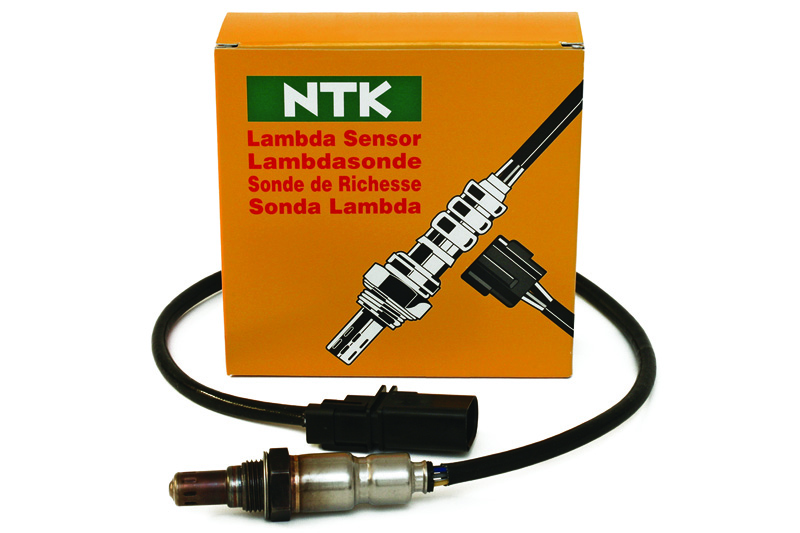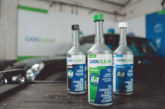
PMF talks to Tim Howes, Deputy General Manager – Supply Chain & Technical Service, NGK Spark Plugs, who explains the major benefits of bespoke lambda sensors and provides some useful tips on replacement timing.
NGK says the experience it has in supplying products to vehicle manufacturers worldwide allows it to offer exactly the right sensor for every vehicle application. The company recommends that distributors should encourage garages to always choose a bespoke OE quality lambda sensor.
When should lambda sensors be replaced?
Tim Howes explained: “Due to the hostile environment in which they work, sensors are subject to a degree of wear, tear and ageing. It would be impossible to say definitively what the service life of a lambda sensor should be due to the very different conditions that each vehicle experiences under different drivers. City driving with lots of stop-start operation will have a different influence on the life expectancy of a lambda sensor compared to steady motorway use.
“We recommend that the function of the sensor is checked every 20,000 miles or annually. The emissions check – as part of the current MOT test – samples the exhaust gases, monitors the efficiency of the engine, exhaust system and engine control systems. The lambda sensor is a vital part of the functioning of this system and is therefore influenced by many other components.
“A malfunction of an associated part may directly affect the performance of a sensor. Using an oscilloscope and gas analyser is a much more accurate way of assessing sensor performance than relying on fault codes alone. Garages should look for slow response times, output range and heater function.
“Contaminants from poor quality oils and fuel which remain in the exhaust gases can become deposited on the sensor element – affecting its operation. Even coolant or oil leaking from an engine can enter the wiring and compromise electrical connections, even reaching the sensor element and affecting sensor operation.”
‘Universal’ or ‘bespoke’ lambda sensors?
Tim continued: “A ‘universal’ lambda sensor is designed to cover as many applications as possible by splicing in the old connector from the unit being replaced. In theory this sounds like a good idea. In practice the potential for problems and subsequent premature failure is increased.
“Once the correct choice has been made, workshop customers need to worry about making sound electrical connections or breakage of sometimes brittle clips and clamps, which can require re-fusing.
“Bespoke, OE quality lambda sensors are ready to install and offer considerable advantages over ’universal’ types. They come complete with any necessary fittings and grommets and don’t require the use of ‘old’ connectors – which may be corroded or damaged.
“Installation time can be halved with the confidence of compatibility and reliability. So, for all these reasons motor factors should always recommend that their workshop customers go with a bespoke OE quality lambda sensor.”







